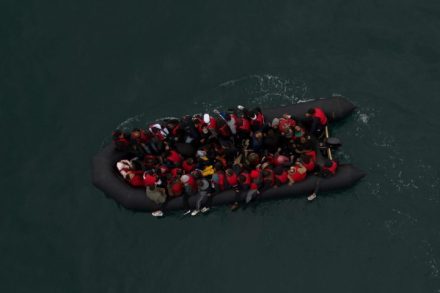Joe Biden’s terrible Easter
Among the many political advantages of the presidency, surely one is the ability to extend warm wishes to Christians, Jews and Muslims on their holidays. It’s a golden opportunity to invite a few for pictures at the White House and explain how much the holiday has always meant to you. Easy-peasy. For a Catholic president such as Joe Biden, expressing solidarity with co-religionists on Easter ought to be a well-practiced routine. Which voter group does the White House think its exclusionary message appeals to? It took genuine incompetence and obtuseness for the Biden White House to muck up the chance to reach out to fellow Christians on the holiest day





















